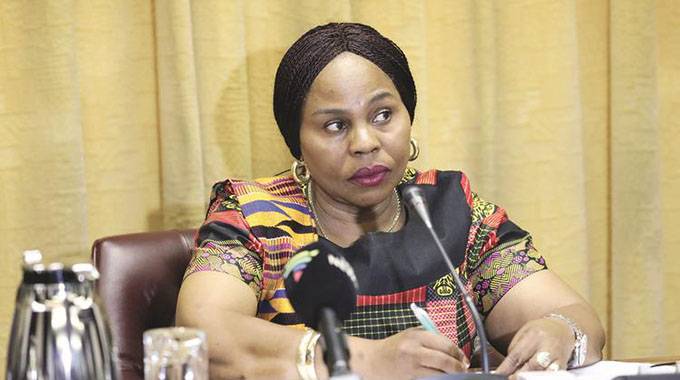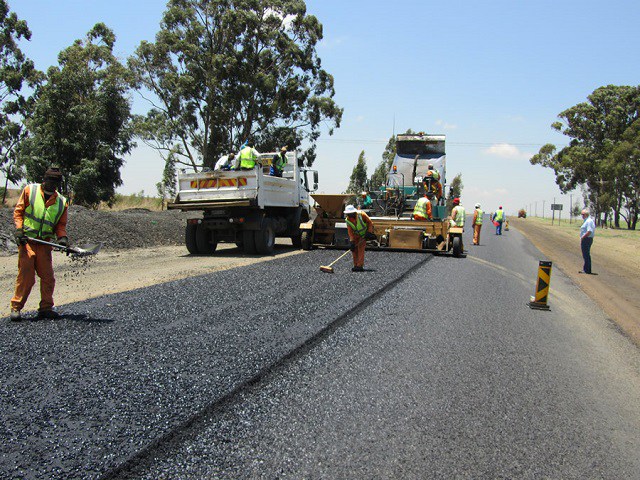African ministers target to push infrastructure development agenda
African ministers, Zimbabwean included, a fortnight ago discussed regional collaboration on infrastructure development during a leaders meeting at the Sustainable Infrastructure Development Symposium (SIDSSA) 2024 in Cape Town, South Africa.
International ministers from Liberia, Eswatini, Lesotho, Zimbabwe, Seychelles and Equatorial Guinea also participated in the Leaders Meeting, making a case for investment in their respective countries’ infrastructure space.
The discussion, which was led by South Africa’s Minister of Public Works and Infrastructure Sihle Zikalala, underscored the importance of project preparation, engagement from both the public and private sectors, maintenance and the implementation of sustainable facilitation methods as crucial elements in fostering investment and promoting regional harmonisation within the infrastructure sector.
“The purpose of this forum is to identify areas of priority on infrastructure and ensure that we integrate efforts to implement those projects,” Minister Zikalala stated.
The SIDSSA brought together key stakeholders in South Africa and across the continent with the aim of driving infrastructure development.
According to the African Development Bank (AfDB), the region’s infrastructure gaps weigh on its potential growth.
For instance, Africa’s significant road infrastructure deficit creates increased production and transaction costs that must be addressed to scale opportunities envisaged under the Africa Continental Free Trade Area.
The report, called Cross-Border Road Corridors Expanding Market Access in Africa and Nurturing Continental Integration notes that while roads are the primary mode of transport, carrying 80 percent of goods and 90 percent of passenger traffic, only 43 percent of Africa’s main population have access to an all-season road.
In Zimbabwe, an infrastructure development funding gap of about US$40 billion is feared may deter the country’s quest to attain an upper middle-income economy by 2030.
Government envisages transforming Zimbabwe into an upper middle-income society status by 2030.
One of the key enablers towards unlocking the desired vision is infrastructure development particularly in the areas of road network, housing, energy and power, as well as irrigation development.
The SIDSSA 2024 served as a crucial platform for discussions and partnerships in the infrastructure investment landscape, with a focus on accelerating economic activity through strategic infrastructure plans.
Meanwhile, it was noted that cross-border collaboration between countries in Africa is a requisite to creating the conditions conducive for the private sector to participate in the continent’s infrastructure development.
A number of MoUs between South Africa and its neighbouring countries – including Lesotho, Eswatini and Zimbabwe – have served to promote regional integration in the infrastructure sector.
“Our main role for the continent is to ensure that we invest in critical infrastructure so that we put in the building blocks that ensure that our nations prosper and that we grow together,” stated South Africa’s Minister of Tourism Patricia de Lille.
By liberalising the continent’s air space and maritime territories, Africa will be able to harmonize the implementation of favorable regulatory frameworks that promote integration.
“The heads of infrastructure departments must always gather to discuss and help other countries that haven’t been developed yet,” concluded Equatorial Guinea’s Minister of Public Works, Housing and Town Planning, Don Pascual Ondo Nze Oyana.-ebusinessweekly









